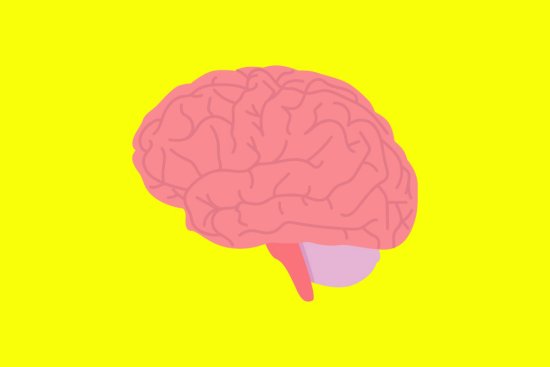
A study finds a connection between changes in LDL, or bad, cholesterol and reduced cognitive functions
There’s growing evidence that the heart and brain are connected, since both rely on keeping the blood system healthy. Now, in a study published in the journal Circulation, researchers find that changes in levels of LDL cholesterol may be especially harmful to cognitive functions.
The scientists, led by Dr. Roelof Smit at Leiden University Medical Center in the Netherlands, studied more than 4000 elderly people enrolled in a study involving a statin, a medication that lowers LDL cholesterol. Previous studies showed that LDL levels influence stroke as well as heart disease risk, so Smit and his colleagues wanted to investigate whether they have an effect on cognitive functions like attention, information processing and memory. They only analyzed people who had been taking the statin for at least three months in order to avoid any bias caused by the sudden change in LDL levels by the drug, and compared them to people who didn’t take the drug.
[time-brightcove not-tgx=”true”]People with the most variation in their LDL levels over the study’s 2.5-year follow up showed the lowest scores on the cognitive tests. They took nearly three seconds longer, for example, to complete a test in which they had to name the correct color of ink when it was printed in a different color.
“These findings add to the emerging evidence that vascular [blood flow] factors are closely linked to neurocognitive function, and call for further research to disentangle the causality behind lipid variability,” he says.
The study could not isolate why people’s LDL levels fluctuated, but changes in diet and exercise could be important factors to consider. Changes in the body’s ability to maintain a proper balance of cholesterol levels could also be a factor, since with age, this equilibrium could be disrupted. The statin medications were unlikely to be a major contributor since they remained constant, says Smit.
Whatever the reason, the changes in LDL are worth studying further, since cell studies found that such fluctuations can influence how unstable plaques in the heart and brain are—and those in turn can contribute to heart attacks or stroke.